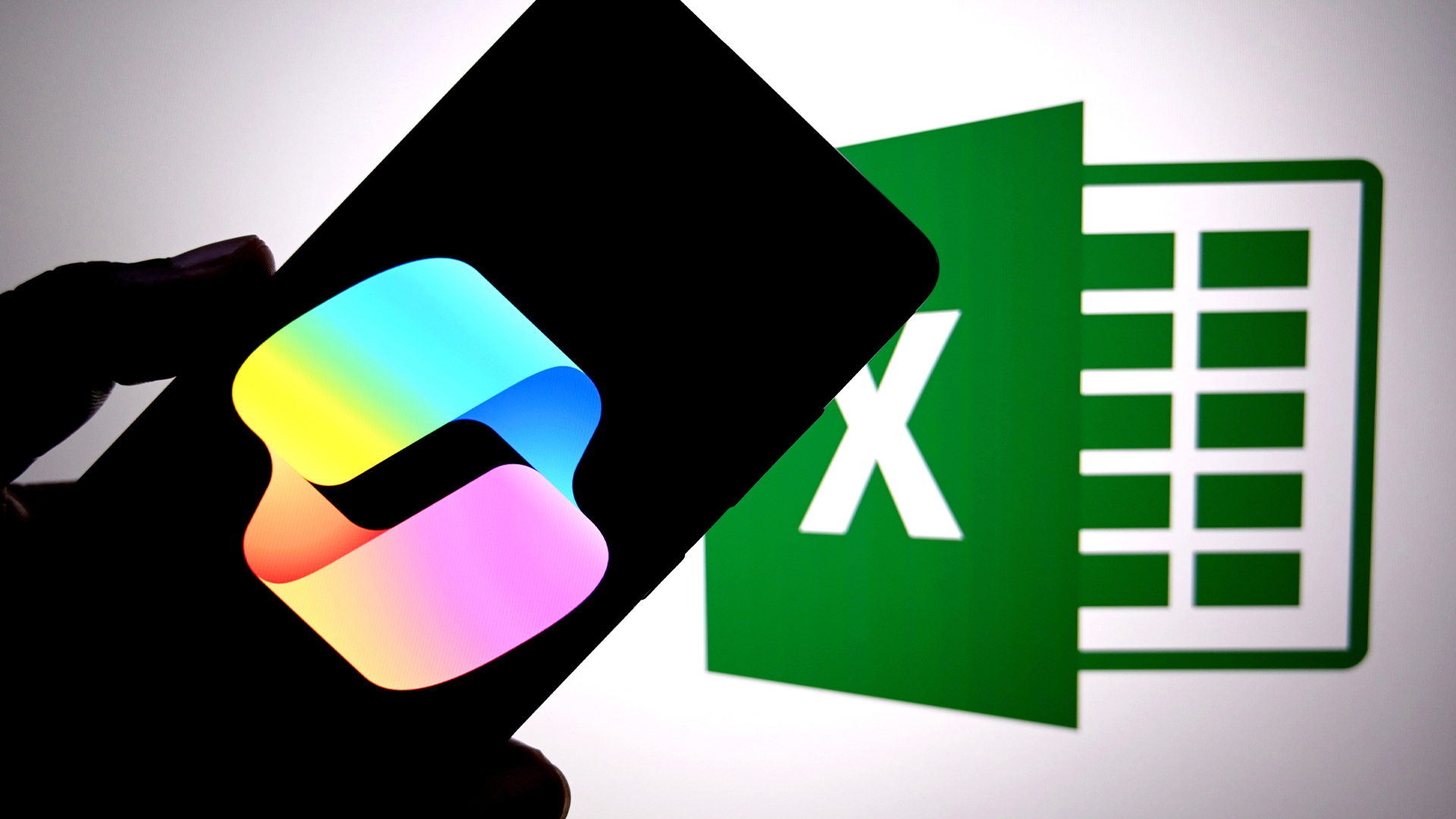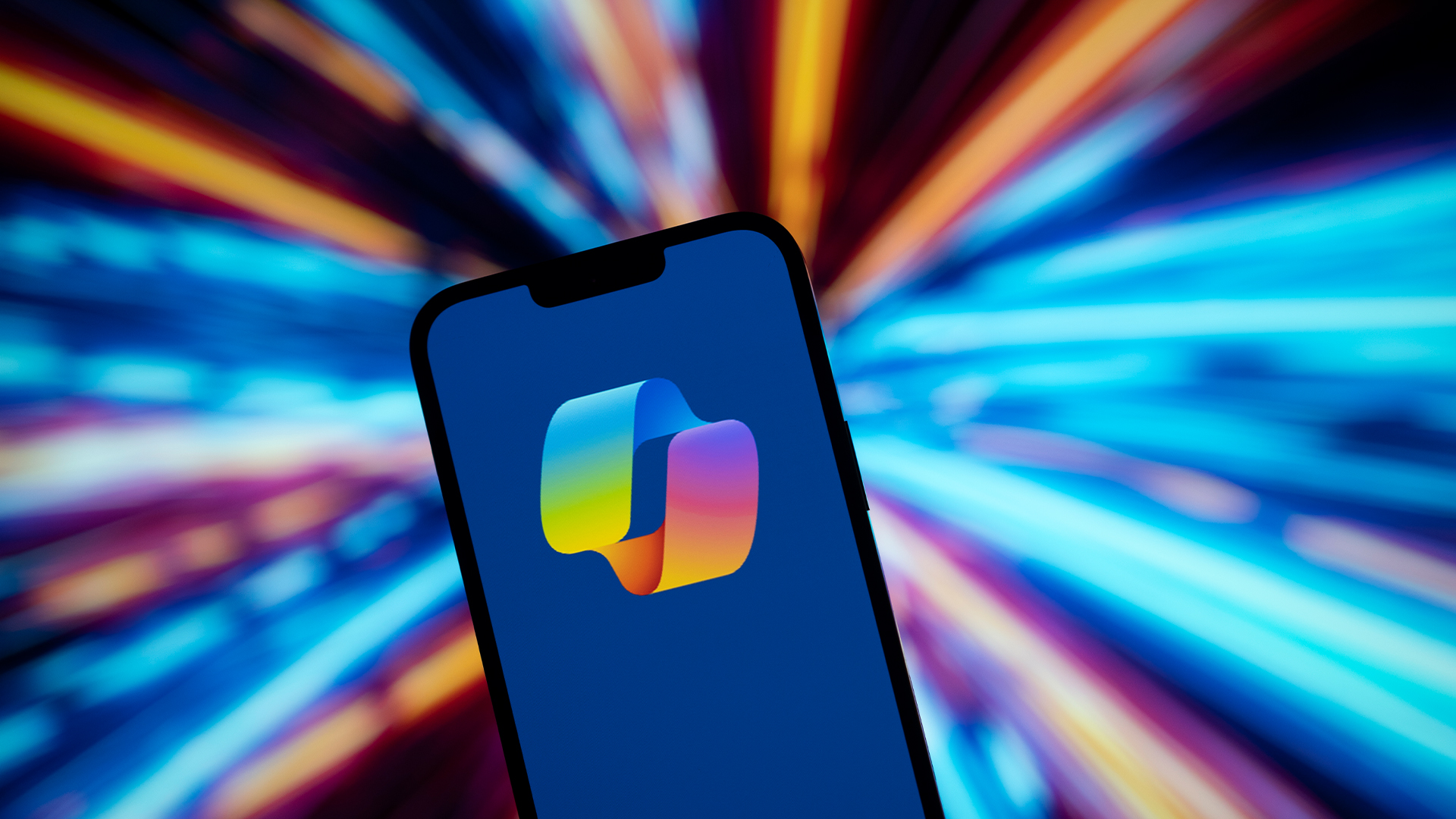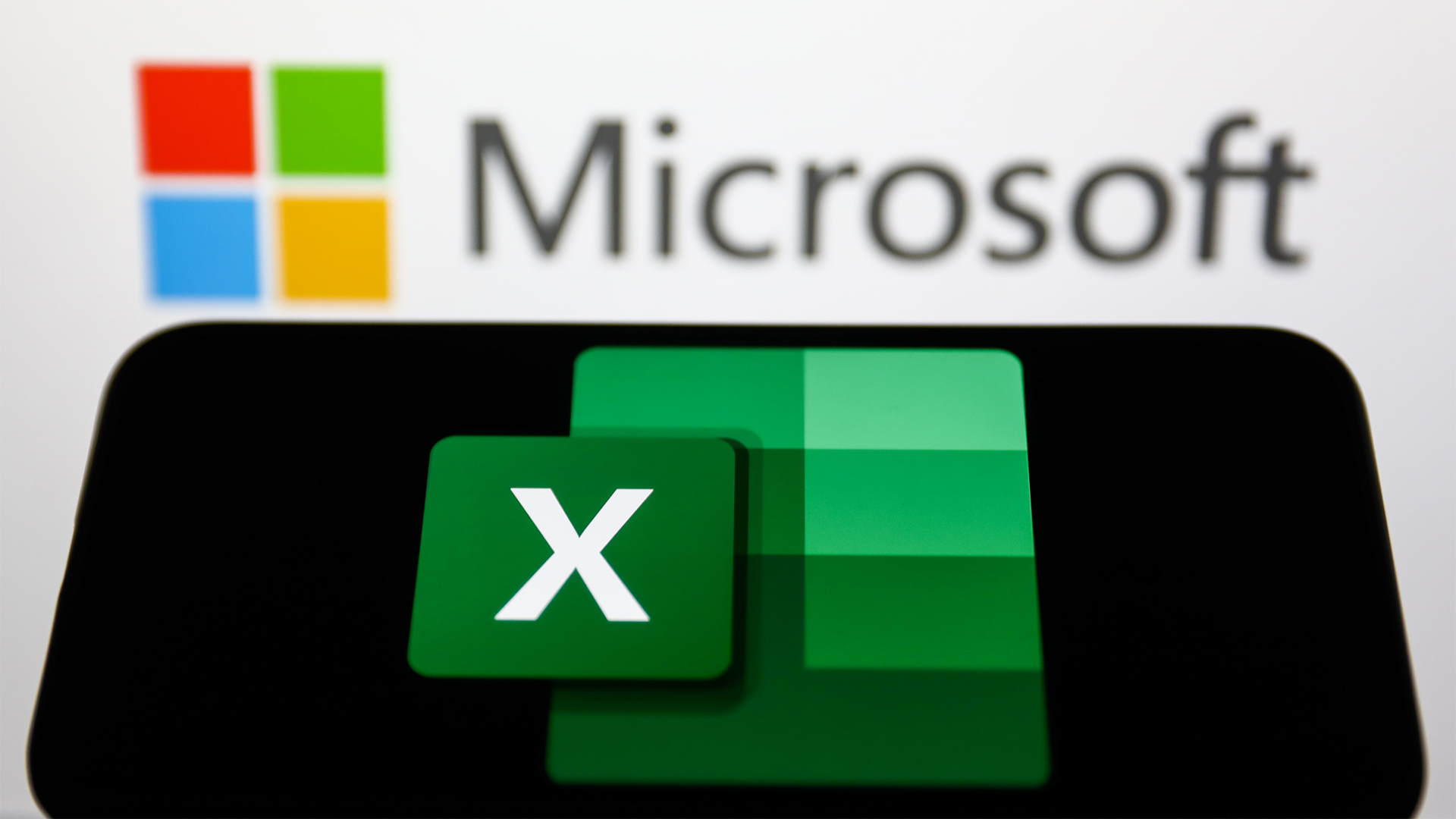Microsoft touts new Copilot features in Excel, but says you shouldn’t use them if you want accurate results
The tech giant warned against using the tool for “tasks with legal, regulatory, or compliance implications”


Microsoft quietly rolled out new AI features for Excel that allow users to generate formulas using the tech giant’s Copilot AI tool, but warned against using them if you're concerned about accuracy.
As detailed in a post on the Microsoft 365 Insider blog, the new ‘COPILOT’ function for the spreadsheet software allows users to automate tasks and skip the drudge work of filling out a myriad of cells and tinkering with formulas.
“It can be painful and time-consuming to wrangle data, summarize feedback, categorize information, and brainstorm ideas,” the blog post reads. “The new COPILOT function in Excel for Windows and Excel for Mac is here to save time and supercharge your workflows.”
Using natural language prompts, users can simplify this experience, Microsoft said. Example formulas touted by the firm specifically highlighted text summarization, using ‘=COPILOT("Summarize this feedback", A2:A20)’
Others included AI-generated text for product descriptions, using ‘=COPILOT("Create a description for this product based on its specs", B2:B8)’
The feature also works alongside existing Excel functions, and can be used inside formulas such as LAMBDA, SWITCH, WRAPROWS, and IF.
“You can use results from other formulas as part of its prompt,” the blog post reads. “This makes it easy to add AI features to your spreadsheets without changing how they are set up.”
Sign up today and you will receive a free copy of our Future Focus 2025 report - the leading guidance on AI, cybersecurity and other IT challenges as per 700+ senior executives
Excel AI features come with a big catch
There is one big caveat, however. In a separate support page, Microsoft warned users not to use the new AI function “for any task requiring accuracy or reproducibility”.
The support page also advised users not to use the Copilot function for “tasks with legal, regulatory, or compliance implications”.
“Avoid using AI-generated outputs for financial reporting, legal documents, or other high-stakes scenarios,” it reads.
Simply put, users will need to keep close tabs on the feature to ensure that it’s not producing false or misleading outputs.
“Its output should be reviewed and validated for accuracy, especially for critical business decisions or reports,” the original blog post states.
Microsoft also highlighted data privacy considerations when using the new feature, telling readers that data sent through the Copilot function is “never used to train or improve” its AI models.
“The information you input remains confidential and is used solely to generate your requested output,” the company said.
Taking the misery out of spreadsheets
Of course, this is a pilot scheme for selected Windows Insiders and is nowhere near full roll-out. Microsoft isn’t alone in touting AI as a game changer for spreadsheets, however.
In June, Perplexity also launched a tool aimed at automating spreadsheet drudge work. Dubbed Perplexity Labs, the tool allows users to craft spreadsheets and reports using natural language prompts.
The Labs tool can write and execute code to structure datasets, for example, or apply formulas and create charts based on simple user prompts.
Startups are also jumping on the bandwagon in this domain. This includes Sourcetable, a US-based startup developing what it claims is the world's first “self-driving spreadsheet”.
The autonomous spreadsheet tool also draws on natural language prompts - either through voice commands or keyboard - to carry out tasks on behalf of the user.
Make sure to follow ITPro on Google News to keep tabs on all our latest news, analysis, and reviews.
MORE FROM ITPRO
- Microsoft says AI is finally having a 'meaningful impact' on developer productivity
- Excel for the web just got a big makeover – and it’s a lot easier to use
- Microsoft CEO Satya Nadella says Excel changed the game for enterprises in 1985 – he’s confident AI tools will do the same

Ross Kelly is ITPro's News & Analysis Editor, responsible for leading the brand's news output and in-depth reporting on the latest stories from across the business technology landscape. Ross was previously a Staff Writer, during which time he developed a keen interest in cyber security, business leadership, and emerging technologies.
He graduated from Edinburgh Napier University in 2016 with a BA (Hons) in Journalism, and joined ITPro in 2022 after four years working in technology conference research.
For news pitches, you can contact Ross at ross.kelly@futurenet.com, or on Twitter and LinkedIn.
-
 Satya Nadella says a 'telltale sign' of an AI bubble is if it only benefits tech companies – but the technology is now having a huge impact in a range of industries
Satya Nadella says a 'telltale sign' of an AI bubble is if it only benefits tech companies – but the technology is now having a huge impact in a range of industriesNews Microsoft CEO Satya Nadella appears confident that the AI market isn’t in the midst of a bubble, but warned widespread adoption outside of the technology industry will be key to calming concerns.
-
 Enterprise security in a world of AI deepfakes and uncertainty over identity
Enterprise security in a world of AI deepfakes and uncertainty over identityAs AI-driven deepfakes grow more sophisticated, enterprises must move to layered defenses that protect trust without friction
-
 Not keen on Microsoft Copilot? Don’t worry, your admins can now uninstall it – but only if you've not used it within 28 days
Not keen on Microsoft Copilot? Don’t worry, your admins can now uninstall it – but only if you've not used it within 28 daysNews The latest Windows 11 Insider Preview will include a policy for removing the app entirely — but only in certain conditions
-
 So much for ‘trust but verify’: Nearly half of software developers don’t check AI-generated code – and 38% say it's because it takes longer than reviewing code produced by colleagues
So much for ‘trust but verify’: Nearly half of software developers don’t check AI-generated code – and 38% say it's because it takes longer than reviewing code produced by colleaguesNews A concerning number of developers are failing to check AI-generated code, exposing enterprises to huge security threats
-
 Microsoft is shaking up GitHub in preparation for a battle with AI coding rivals
Microsoft is shaking up GitHub in preparation for a battle with AI coding rivalsNews The tech giant is bracing itself for a looming battle in the AI coding space
-
 AI could truly transform software development in 2026 – but developer teams still face big challenges with adoption, security, and productivity
AI could truly transform software development in 2026 – but developer teams still face big challenges with adoption, security, and productivityAnalysis AI adoption is expected to continue transforming software development processes, but there are big challenges ahead
-
 ‘1 engineer, 1 month, 1 million lines of code’: Microsoft wants to replace C and C++ code with Rust by 2030 – but a senior engineer insists the company has no plans on using AI to rewrite Windows source code
‘1 engineer, 1 month, 1 million lines of code’: Microsoft wants to replace C and C++ code with Rust by 2030 – but a senior engineer insists the company has no plans on using AI to rewrite Windows source codeNews Windows won’t be rewritten in Rust using AI, according to a senior Microsoft engineer, but the company still has bold plans for embracing the popular programming language
-
 AI is creating more software flaws – and they're getting worse
AI is creating more software flaws – and they're getting worseNews A CodeRabbit study compared pull requests with AI and without, finding AI is fast but highly error prone
-
 AI doesn’t mean your developers are obsolete — if anything you’re probably going to need bigger teams
AI doesn’t mean your developers are obsolete — if anything you’re probably going to need bigger teamsAnalysis Software developers may be forgiven for worrying about their jobs in 2025, but the end result of AI adoption will probably be larger teams, not an onslaught of job cuts.
-
 Microsoft Excel is still alive and kicking at 40 – and it's surging in popularity as 82% of finance professionals report ‘emotional attachment’ to the spreadsheet software
Microsoft Excel is still alive and kicking at 40 – and it's surging in popularity as 82% of finance professionals report ‘emotional attachment’ to the spreadsheet softwareNews A recent survey found Gen Z and Millennial finance professionals have a strong “emotional attachment” to Microsoft Excel